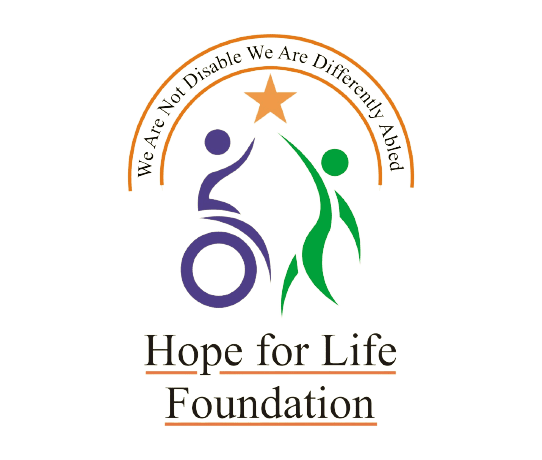World Autism Awareness Day is observed on April 2 each year. It aims to raise awareness about people with autism spectrum disorder (ASD) and promote understanding and kindness.
What is Autism
Autism spectrum disorder (ASD) is a neurological and developmental disorder that affects how people interact with others, communicate, learn, and behave.
Autism is not a mental health problem. It’s a developmental condition that affects how you see the world and interact with others. Just like anyone else, autistic people can have good mental health. However, people with autism often experience mental health problems.
Signs of Autism
People with ASD may behave, communicate, interact, and learn in ways that are different from most other people. There is often nothing about how they look that sets them apart from other people. The abilities of people with ASD can vary significantly. Autistic individuals often show signs like difficulty making eye contact, poor social and communication skills, sensory processing challenges, and restricted repetitive behaviors.
Causes
Scientists are still trying to understand why some people develop autism and others don’t, risk factors may include:
•A sibling with autism
•Older parents
•Certain genetic •Conditions, such as Down, fragile X, and Rett syndromes
•Very low birth weight
Diagnosis
Diagnosing ASD can be difficult since there is no medical test, like a blood test, to diagnose the disorder. Doctors and psychologists use standardized tools to evaluate the diagnosis through psychological assessments.
Key points
It’s important to understand why autistic children and teenagers behave in challenging ways.
When you understand challenging behavior, it helps you work out how to respond.
It’s usually best to respond by guiding autistic children and teenagers toward positive behavior.
Sometimes strategies like consequences, rules, quiet time, and planning can help with challenging behavior.
Health professionals can help you understand and handle challenging behavior.
•Stay calm
When your child is distressed, stay calm and use a calm tone of voice.
•Pause demands or expectations
Pause any activities or tasks that might be making your child feel stressed.
•Change the environment
If your child is hurting themselves because their environment is overwhelming, think about what you can change so your child feels more comfortable.
•Remove Harmful Items And Provide Alternatives
•Encourage Your Child To Do Another Activity
Treatment for ASD
- Behavioral management therapy
- Cognitive behavior therapy
- Early intervention
- Educational and school-based therapies
- Joint attention therapy
- Medication treatment
- Nutritional therapy
- Occupational therapy
- Parent-mediated therapy
- Physical therapy
- Social skills training
- Speech-language therapy
MS. Mehreen Azmat (Behavior and Remedial Therapist)

